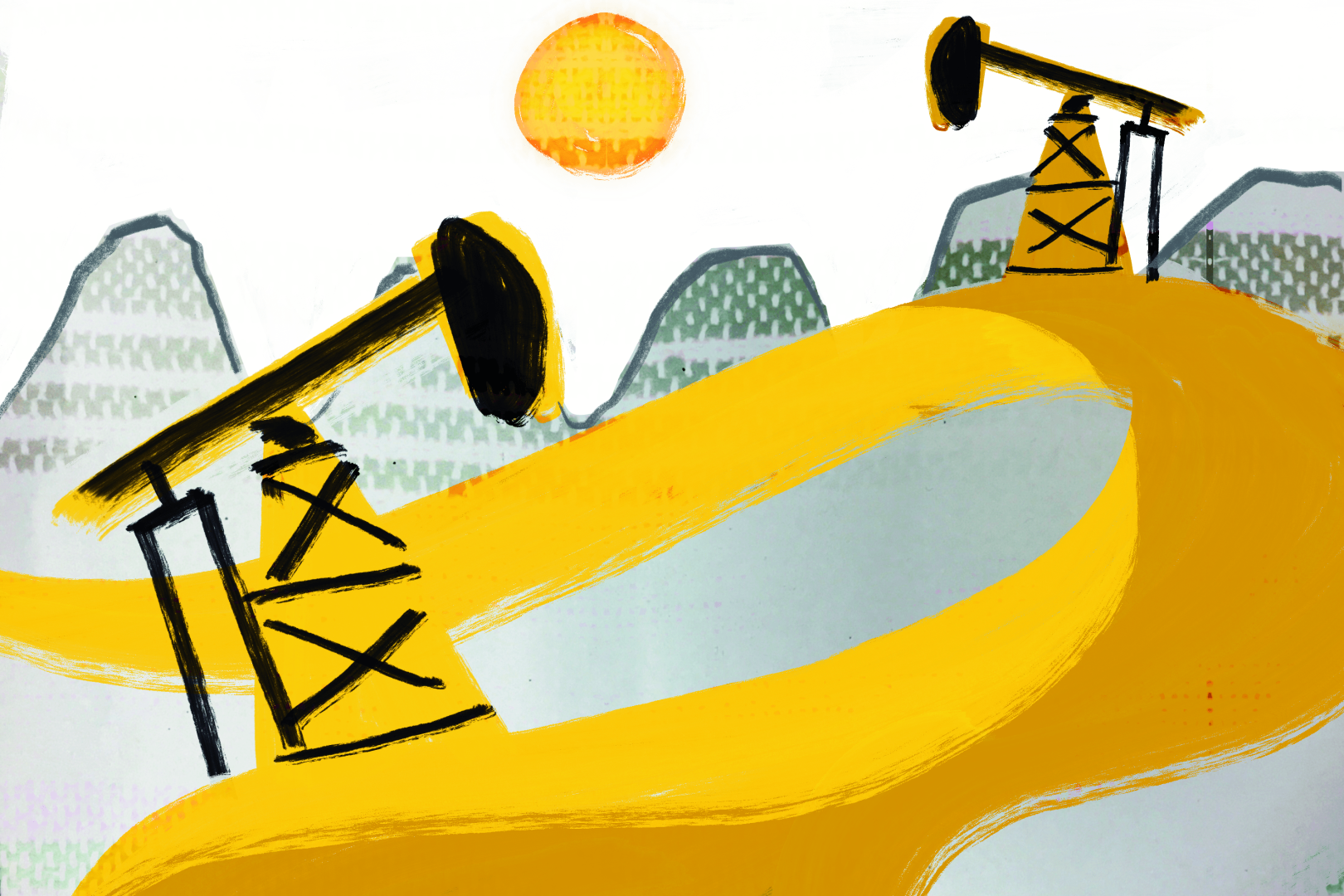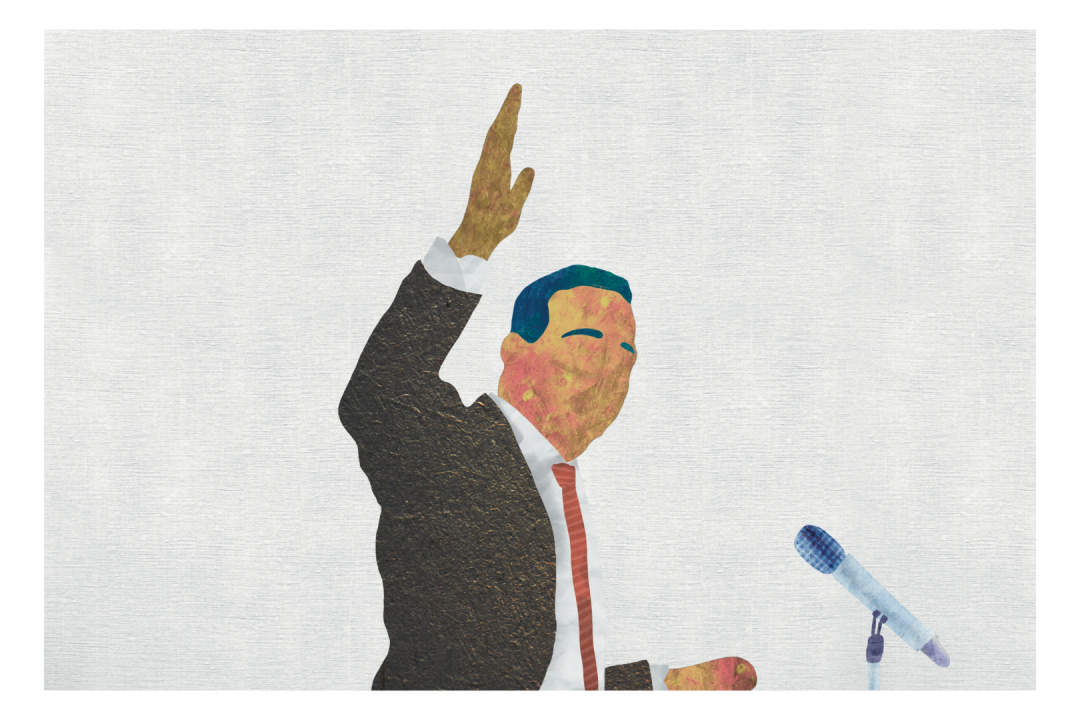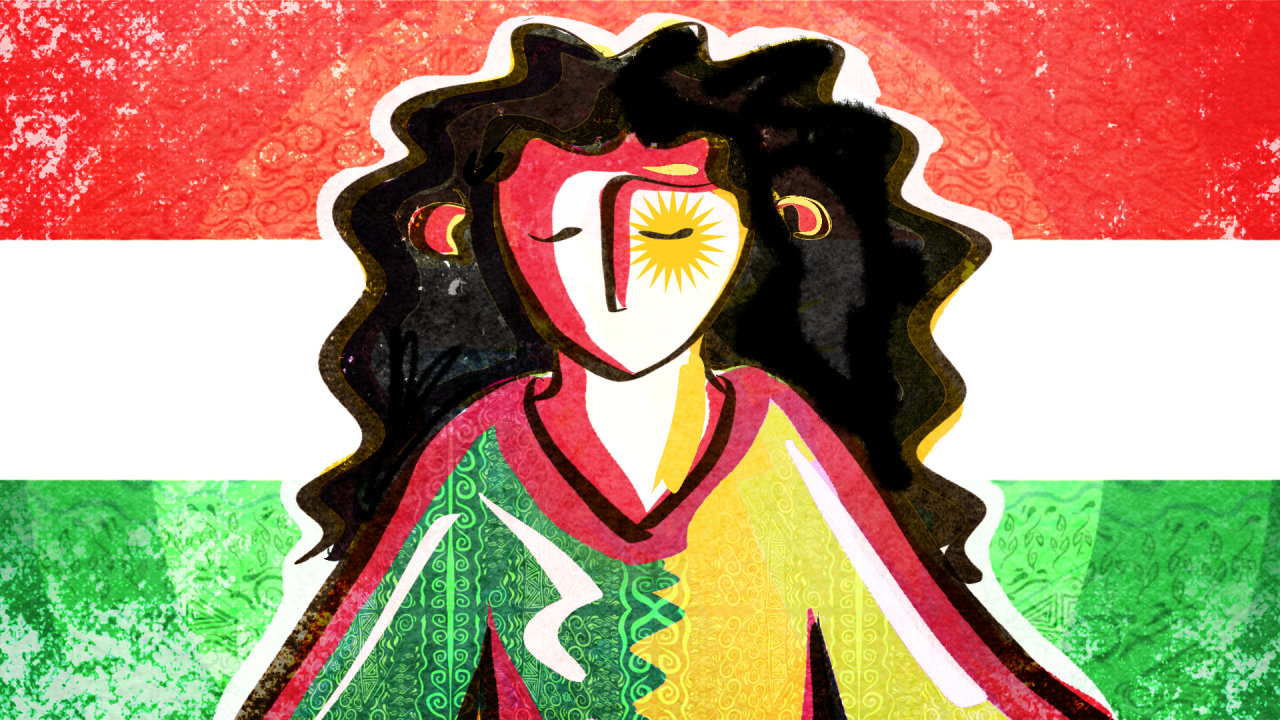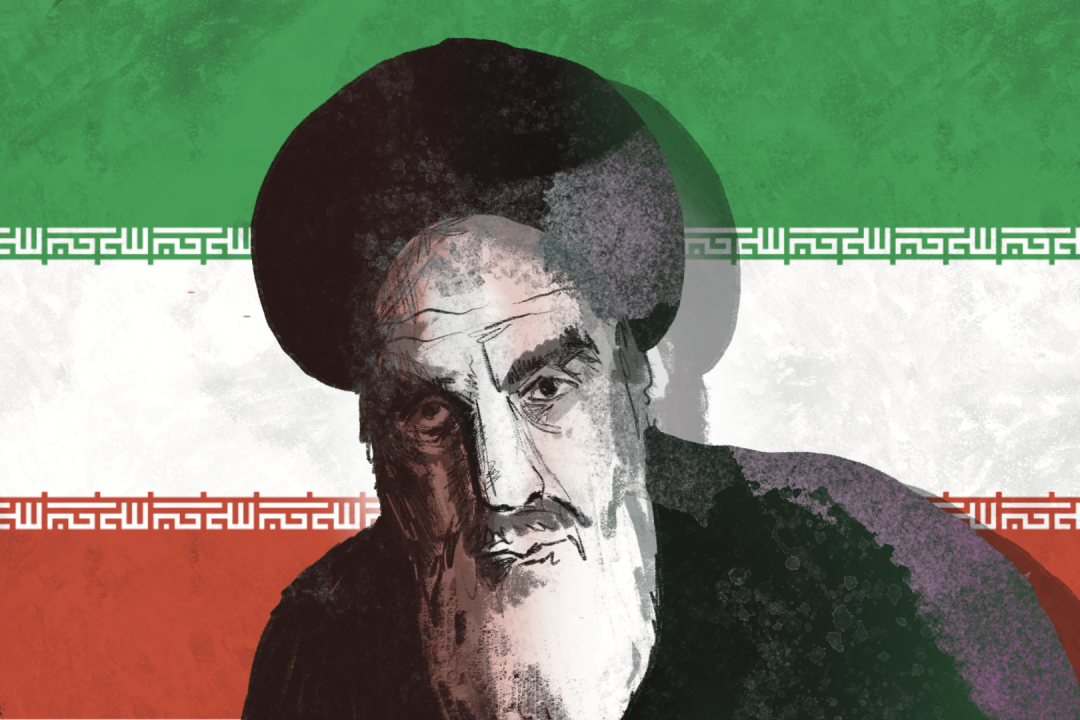
KRI’s soft power potential and the future of Iraq’s disputed territories
In September 25, 2017, the Kurdistan Regional Government held an independence referendum including the disputed territories, despite the strong opposition from the central government and the international community. Although 93.25% of the votes were in favor of Kurdistan independence, the results of the referendum backfired against the KRG triggering a series of harsh sanctions imposed by the Iraqi Central Government. The consequences also included the loss over areas where KRG had been present since 2014. The October 16 events, where the Iraqi security forces forced the Kurdish Peshmerga forces out of the areas and deployed its security forces in those locations, was an indicator that the use of hard power is no longer a viable option for the KRG to have influence in those areas.
Hence, KRG has to rethink its policies and strategies and consider using soft power as an alternative. As Gallarotti states, in fact, “national power has become transformed in ways that have made it difficult to gauge and consequently manage. This necessitates new approaches to studying power and its changing role in world politics” (2015, 3). The KRI must think of other available options to foster inclusive and democratic policies in favor all constituencies in the DIBs. Soft power can be considered as a useful resource for the KRG towards achieving this by winning international legitimacy and support, and engage in dialogue with Baghdad. The KRG is constrained in terms of using its hard power. Moreover, its geographic position as a landlocked region surrounded by hostile neighbors and its political status as a non-state actor makes the use of hard power a hardly viable option. However, the KRG has soft power and public diplomacy assets and options on which it can rely in the effort to foster more convergent views with GoI on its policies in the disputed territories. Relying on these assets, the KRG has better prospects of engaging in positive dialogue with the Iraqi central government. And this in turn can be built on by KRI to secure a greater degree of international support through which further influence and bargaining power can be gained in Baghdad in order to plant the seeds of a joint administration in the disputed territories. This joint administration would then come to reflect the different actors’ bargaining power in terms of representation but based on the principle of protecting the interests of all the ethnic groups present in those areas.
In the past few years, soft and smart power have gained considerable attention in international relations. Countries increasingly use soft power assets to achieve their foreign and national policy objectives due to the unprecedented changes that are taking place in the world and the desire for democracy which is usually accompanied by demands for policy reform. The predominance of soft power also challenges the realist perspective and overemphasis on power in its tangible and hard forms. It explains that influence can be maximized through more intangible sources too, such as producing an acceptable image of a certain nation vis-à-vis other countries. It cannot go without consideration that the decision-makers must know their soft power resources and how to best put them in use in order to achieve the desired outcomes. Therefore, the KRG can also consider using soft power in gaining its objectives, for example, in resolving the issue of the disputed territories and having a joint presence there. The future of the disputed territories in Iraq remains uncertain with the ongoing conflict. Dispute continues over the management of the territories, border and territorial claims, and the use of these territories’ vast resources.
Over the past few decades, discourse over the management of the disputed territories have progressed and various solutions have been proposed by scholars and policymakers alike through studying different aspects of the dispute and the different viewpoints of ethnic groups living in the DIBs. Nevertheless, it has been challenging to reach an agreement on the final status of the disputed territories due to the complexity of the issue as there are different actors involved and several constitutional and legal issues remain. As the previous attempts have been unsuccessful, devising new approaches to resolve the dispute and to guarantee a good livelihood and security for the people of those areas is vital. Due to its democratic principles and good governance practices combined with its inclusive legislation, the KRG possesses potential soft power assets that can be taken advantage of in resolving the existing issues it has and specifically the issue of the disputed territories. In doing so, the KRG can have a substantial role in Iraq’s new national roadmap as coming to agreement on this issue acts as a huge indicator for convergence and unity between both sides.
To enhance its capacity for autonomous action as a non-state actor and exert influence over decision-making regarding the disputed territories, the importance of soft power cannot be overstated. In the case of the disputed territories, the use of soft power is in fact, more effective in achieving the KRG’s objectives. The judicious use of soft power will allow the KRG to gain international support and ensure coexistence among citizens of those areas, while enhancing the power of Kurdish political leaders in their confrontation with the central hegemonic Iraqi government. The KRG has various soft power and public diplomacy apparatus and options that can be utilized in order to shift the Iraqi Central Government’s opinion towards being more accepting of a shared framework of policies in the disputed territories. Hence, it can greatly influence Iraqi central government’s willingness to engage in productive dialogue. The question remains about how to best utilize them.



